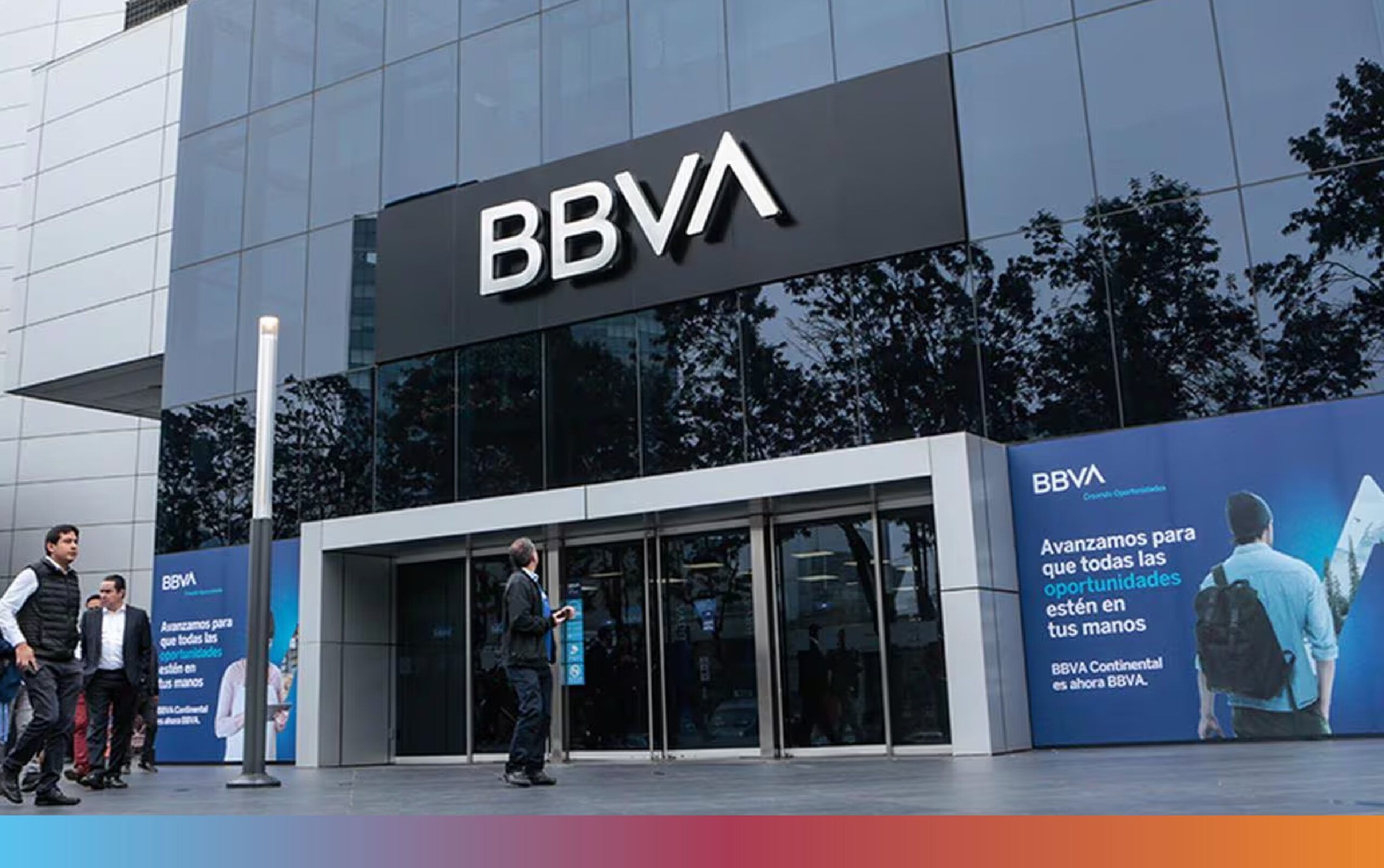The largest cryptocurrency exchange in the world, Binance, has partnered with BBVA, a major Spanish bank, to keep Bitcoin and cryptocurrency “off exchange” and under the safe supervision of one of Europe’s most reputable organizations.
According to an August 8 report from Financial Times (FT), the alliance intends to allow customers to deposit and store their Bitcoin and other digital assets directly with BBVA rather than holding them on Binance itself.
The timing of this partnership is crucial for the world’s cryptocurrency markets. Investor trust in exchanges as secure repositories of digital assets has declined since the spectacular collapse of FTX in 2022 and the regulatory scrutiny that Binance had just come from.
Binance is tackling major problems that centralized exchanges face, like fund mismanagement, insolvency, and lack of transparency. They allow users to keep their coins with an independent, regulated bank.
With its foray into crypto custody, BBVA offers conventional financial protections to the rapidly evolving world of digital assets. Users would have the choice to hold assets in BBVA’s highly regulated accounts rather than Binance’s internal wallets. These accounts may have backing by U.S. Treasuries, which would drastically reduce the risk of loss even in the event that Binance encounters operational difficulties.
BBVA Pursues Crypto Ambitions
BBVA, Spain’s third-largest bank, is no newcomer to digital innovation. In 2025, it expanded its app-based crypto trading and custody services, advising private clients to allocate up to 7% of their portfolio in Bitcoin and Ethereum. The Binance partnership further underscores BBVA’s commitment to blending conventional finance with next-generation assets and providing seamless, bank-level protection and access to crypto markets.
Under the new model, the separation of trading and custody is a critical upgrade in risk management. Users can trade on Binance, but their assets are safely stored with BBVA, meaning customer assets are segregated from exchange operations. This structure reduces counterparty risk and protects clients from the kind of exchange failures that locked out billions of dollars in investor funds during past scandals.
For institutional clients and increasingly cautious individual investors, this is a game-changer. Many professional investors have long viewed weak custody standards as a major barrier to entering crypto markets.
READ MORE: Block Stock Price Forecast After Earnings: Here’s Why XYZ Surged









